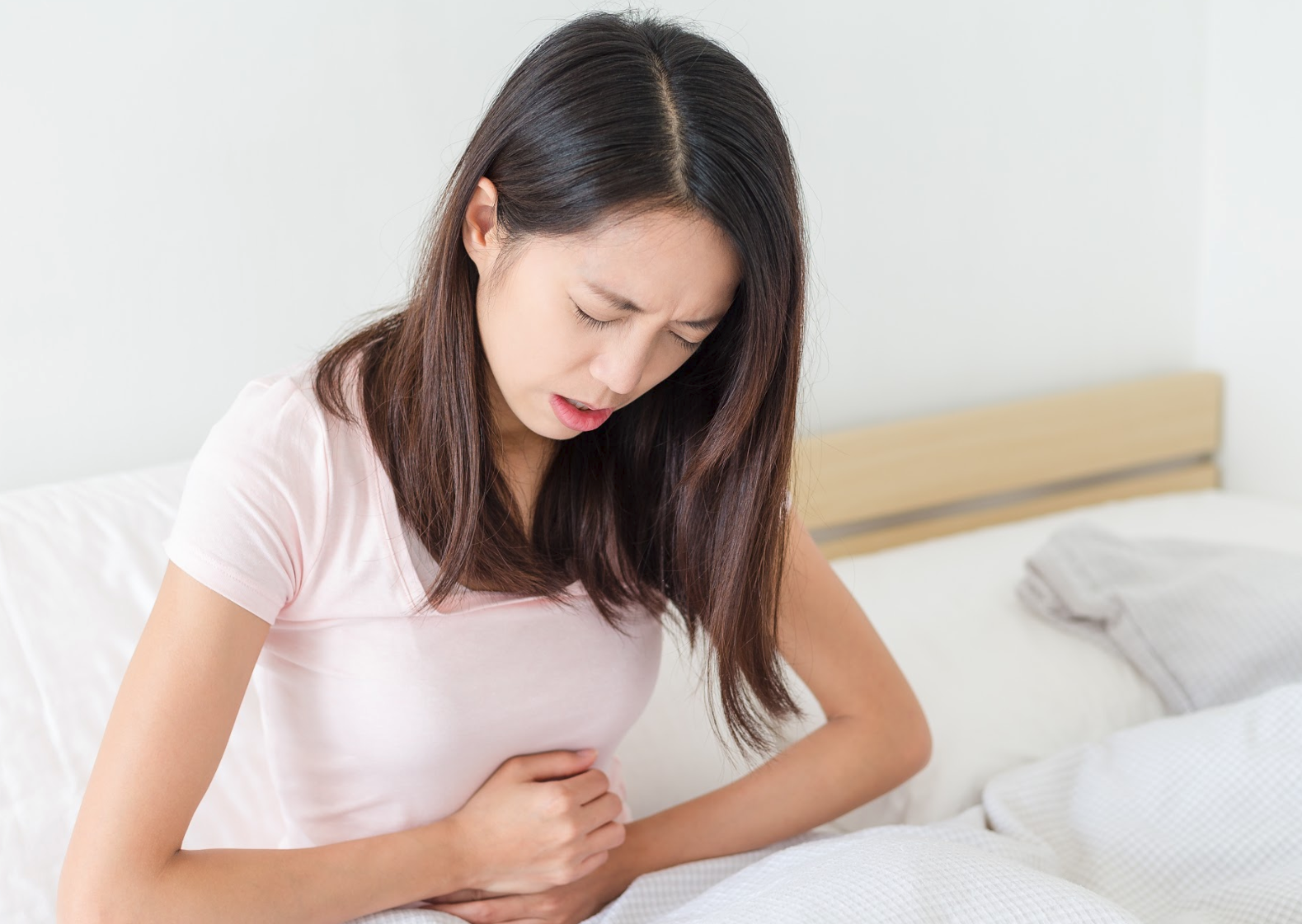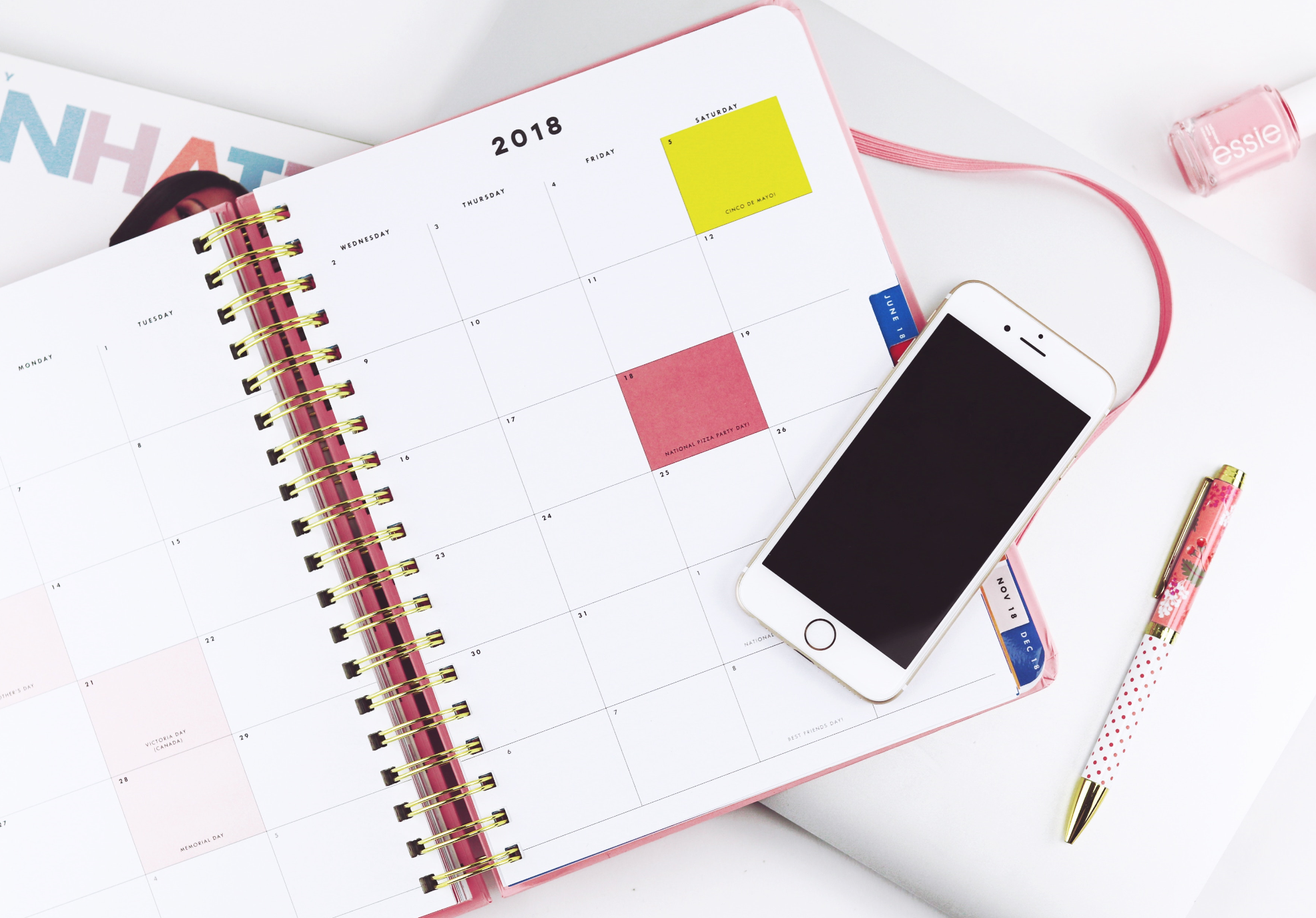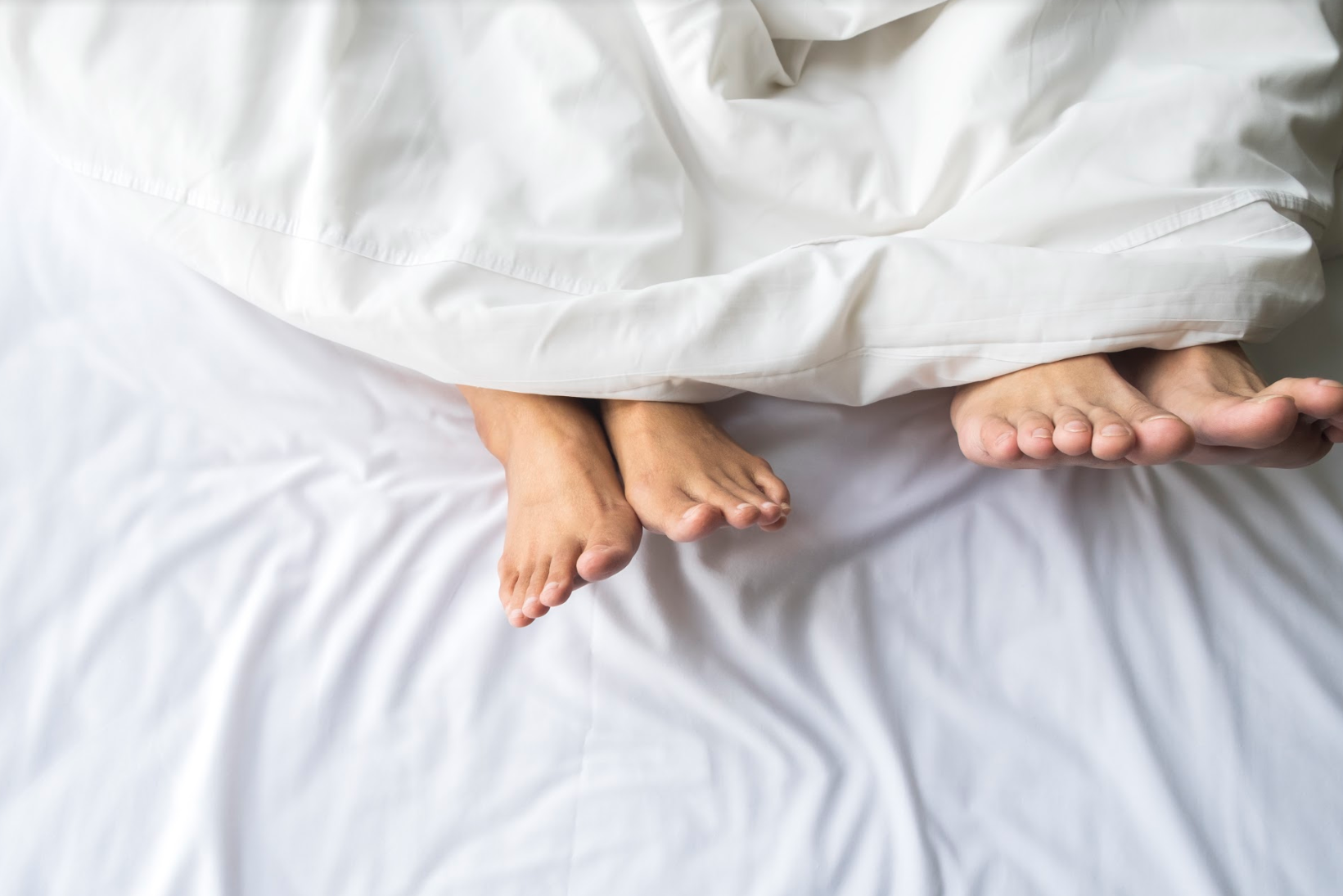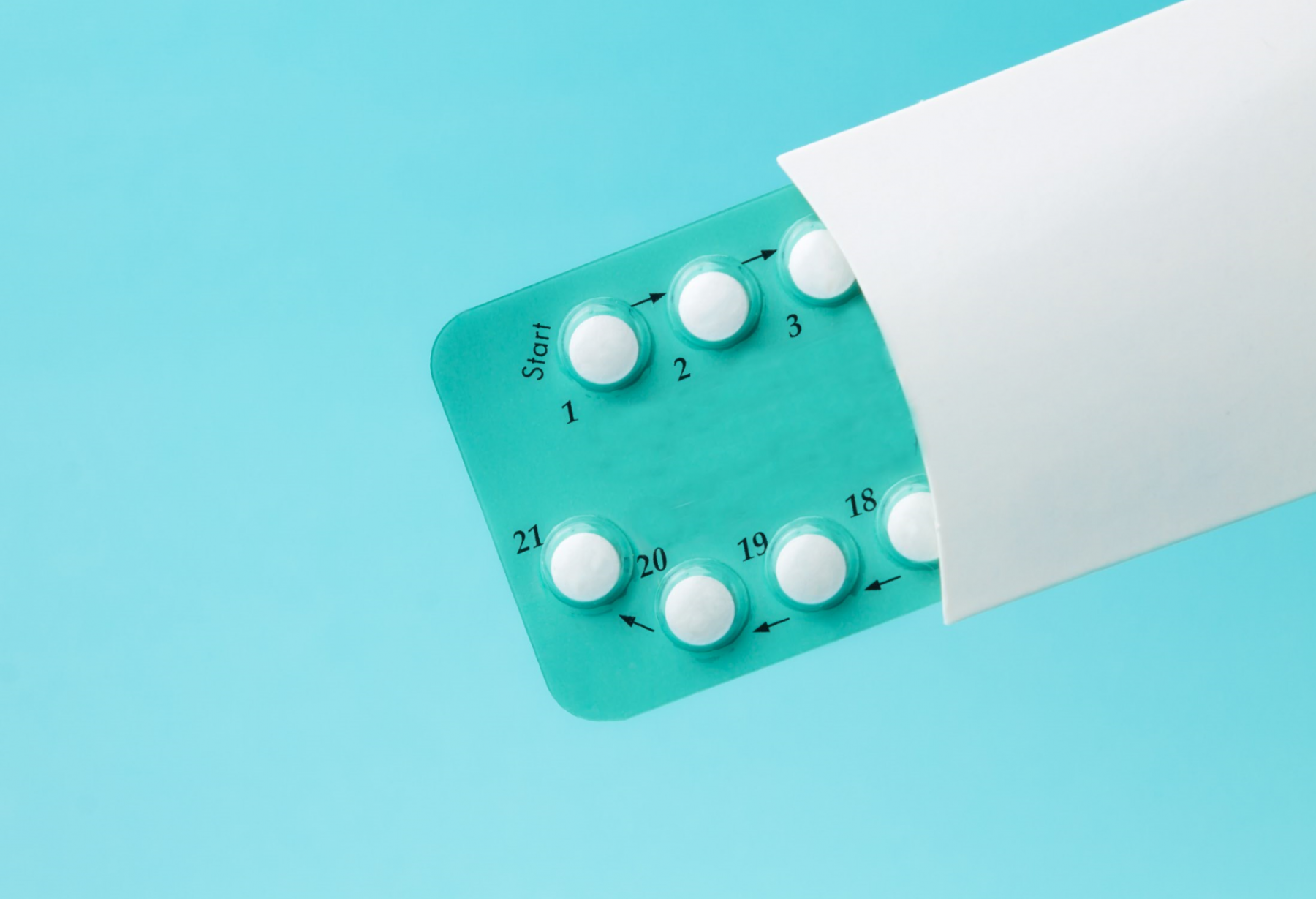We know that accidents do happen, but we can always try to avoid them! Taking the birth control pill is one option. The pill is a safe and effective form of birth control, if taken properly and on time, and also carries a handful of other health benefits.
If you’re considering the birth control pill as a form of contraceptive, read on to learn more about how it works, its benefits and how you can get it.
1. There are different kinds
There are two kinds of birth control pills, combination pills and mini-pills. The combination pill contains both estrogen and progestin . It prevents pregnancy by stopping ovulation, thickening your cervical mucus to make it harder for the sperm to move through, and thinning your uterus lining, which makes it difficult for any fertilised egg to attach itself.
The mini-pill, on the other hand, contains only progestin, and is developed for women who are sensitive to estrogen. It is slightly less effective than the combination pill.
2. It’s not just for birth control

Taking the pill has many other perks, in addition to preventing pregnancy. For one, it can help to reduce acne problems. Some combination birth control pills can help to lower the amount of androgens in your body, thus reducing the amount of sebum produced and preventing acne.
Besides that, the pill can also reduce menstrual cramps and heavy periods, and can help to control your menstrual cycle if it is irregular.
3. You have to take it every day

Combination pills can come in either 28-day or 21-day packs, with 1 pill taken each day and at around the same time. For 21-day packs, you’ll have to take a pill for 21 days, and no pill for 7 days.
If you’ve missed a pill, you should take the pill you missed immediately (even if this means you’ll be taking two in a day), and go on with the rest of the pack as per normal. During this time, do use a condom for at least seven days as your protection against pregnancy may be affected.
4. There are some side effects involved

While the possible side effects vary in different women, the most common ones include nausea, breast tenderness, headaches, weight gain, mood changes and spotting. If you’re concerned about them, don’t be afraid to video consult our doctors to learn more.
5. It does not protect you against STDs

While the pill is an effective birth control method, it does not protect you against sexually transmitted infections.
If you’re sexually active and are not in a committed long-term relationship, do use a condom along with taking the birth control pill to be safe. You should also get a sexual health check-up once in every six months. During a sexual health consultation, your doctor will discuss topics such as your sex life, contraception, physical and mental state, and may advise you to go for some tests.
6. It’s not the same as morning-after-pills

The birth control pill is not an emergency contraceptive (morning-after-pill).
Morning-after-pills are used to prevent pregnancy after unprotected sex and should never be used as a means of regular birth control. Most morning-after-pills can be taken within a 72-hour window, but you should take it as soon as possible after unprotected sex.
If you need monthly birth control pills or emergency contraceptives, speak to a doctor discretely over the DA app anytime you need.







